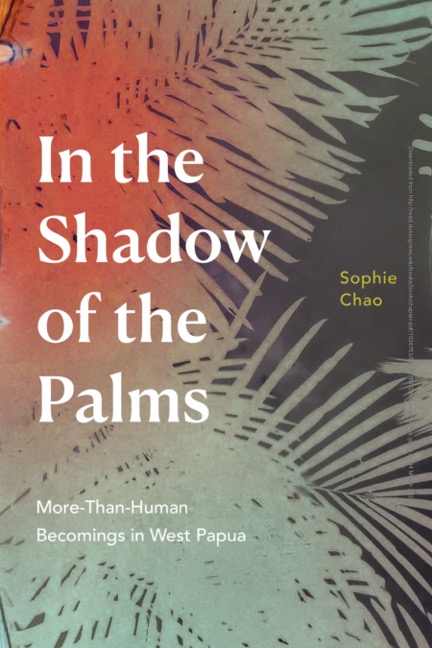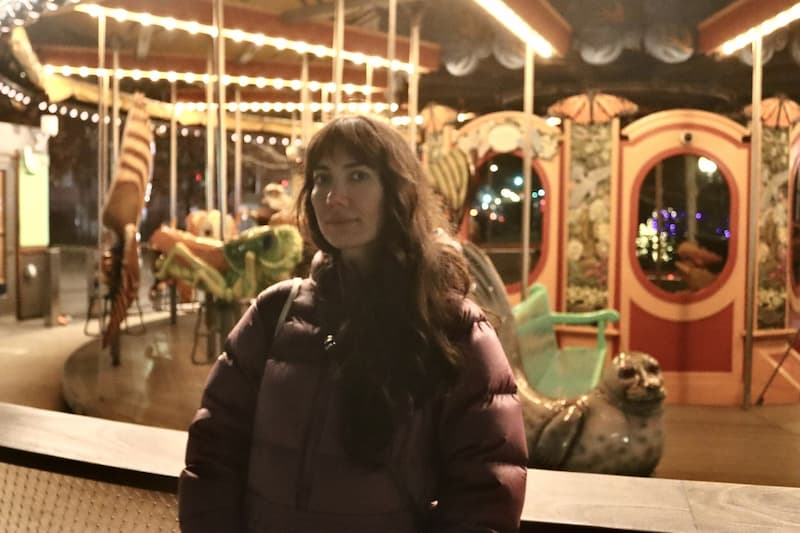2005 Joint Winner
Landscapes of Devils
Tensions of Place and Memory in the Argentinean Chaco
by Gaston Gordillo
Gaston Gordillo, University of British Columbia”Landscapes of Devils: Tensions of Place and Memory in the Argentinean Chaco” 2004 Duke University Press.
Prize Committee
Mary Weismantel (chair), Ida Susser and Mary Moran
From the Publisher
Landscapes of Devils is a rich, historically grounded ethnography of the western Toba, an indigenous people in northern Argentina’s Gran Chaco region. In the early twentieth century, the Toba were defeated by the Argentinean army, incorporated into the seasonal labor force of distant sugar plantations, and proselytized by British Anglicans. Gastón R. Gordillo reveals how the Toba’s memory of these processes is embedded in their experience of “the bush” that dominates the Chaco landscape. As Gordillo explains, the bush is the result of social, cultural, and political processes that intertwine this place with other geographies. Labor exploitation, state violence, encroachment by settlers, and the demands of Anglican missionaries all transformed this land. The Toba’s lives have been torn between alienating work in sugar plantations and relative freedom in the bush, between moments of domination and autonomy, abundance and poverty, terror and healing. Part of this contradictory experience is culturally expressed in devils, evil spirits that acquire different features in different places. The devils are sources of death and disease in the plantations, but in the bush they are entities that connect with humans as providers of bush food and healing power. Enacted through memory, the experiences of the Toba have produced a tense and shifting geography. Combining extensive fieldwork conducted over a decade, historical research, and critical theory, Gordillo offers a nuanced analysis of the Toba’s social memory and a powerful argument that geographic places are not only objective entities but also the subjective outcome of historical forces. “Gastón R. Gordillo has written a superb book about the complex, contradictory world of the Toba of the Argentinean Chaco. Especially memorable is the manner in which he demonstrates the contextual, shifting nature of the meaning of the various places and spaces, activities and imaginings, figures and fetishes that have made up the Toba world ever since the time of the ‘ancient ones.’ He unravels the historical experiences and the memories that configure everyday practices in a world beset by devils—and by some of the less enviable effects of an especially avaricious capitalist economy on its contract laborers. While it is situated in a remote part of South America, this is a work of global importance in both its historical and its theoretical reach.”—John Comaroff, University of Chicago



